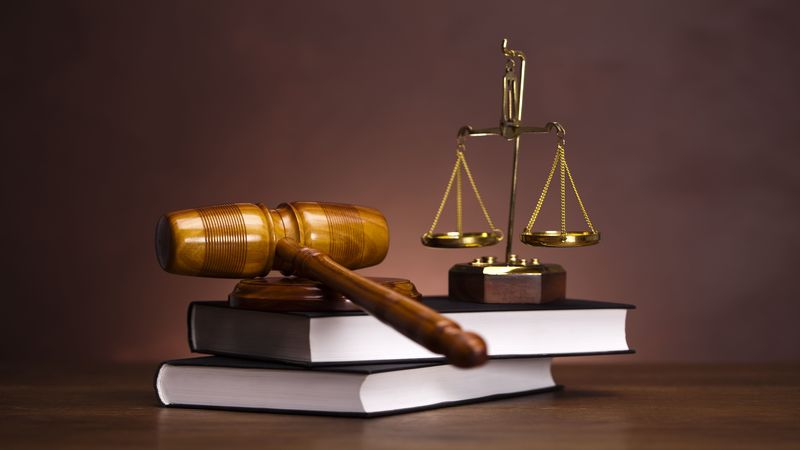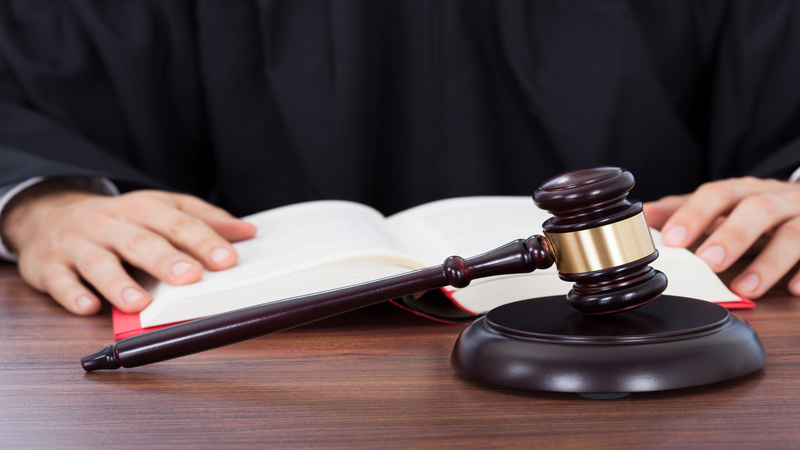Court reporting has a variety of services attached to it. In general, court reporting services are services for which a court reporter is hired. Court reporters generally transcribe testimonies and court proceedings on a word for word basis. Sometimes, these services are needed outside of the courtroom when a deposition is taken. There are a number of different groups that offer court reporting services outside of the courtroom and these services may also be filled by regular court reporters when there is a shortage of other reporters.
There are many different options for those interested in court reporting careers. Working in normal courtrooms is one such option. In these instances, a certain court reporter will work with a certain judge most of the time. Court reporters can also work with organizations that provide court reporting services to various companies for a variety of reasons. Sometimes, court reporters also work on a freelance basis. Those who are established in the courtrooms might like this option the best because they can earn more and even have a greater flexibility in their schedules.
Court reporting has to begin with formal training. There are many court reporting schools within technical colleges. Look for colleges that focus on specific trade skills and not those that give general degrees. There are also special reporting colleges. On average, it takes about 33 months to become a stenotypist, but there are other forms of court reporting that take less time.
Court reporting services that use a stenograph allow the reporter to take a record of what is going on around them word for word. This is often very important in the courtroom. Depositions that use court reporters are given under oath so the transcription of that conversation can be used in the courtroom as an accurate recounting of the conversation. The entire deposition process is very important to courtroom proceedings. Some court reporters use stenographs alone while others also use audio or even video recordings to help their accuracy.
After the conversations have been recorded by the court reporter, the short hand language will have to be transcribed into full sentences. There are many software items on the market that help court reporting services do this automatically, but the court reporter will often want to review the document to ensure that it is accurate. Once the transcription is complete, the attorney, clients, judges, experts or a number of other people may view it as a matter of record.
On rare occasion, court reporters even have to testify in court that their work is accurate. These instances are rare, but court reporting services need to be prepared for the option. Court reporters are asked to stay neutral at all times and never speak, but only record what others say and do.





